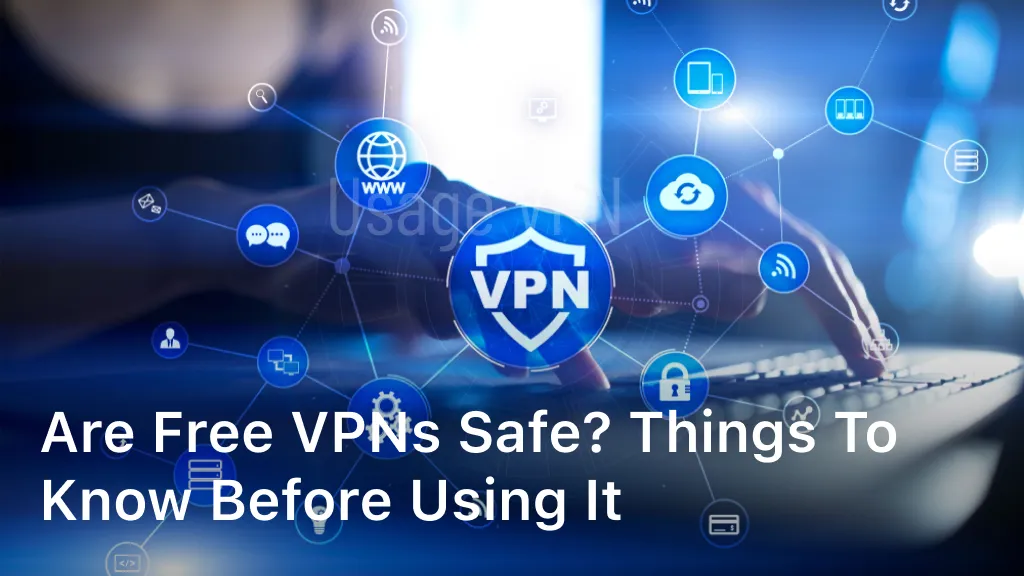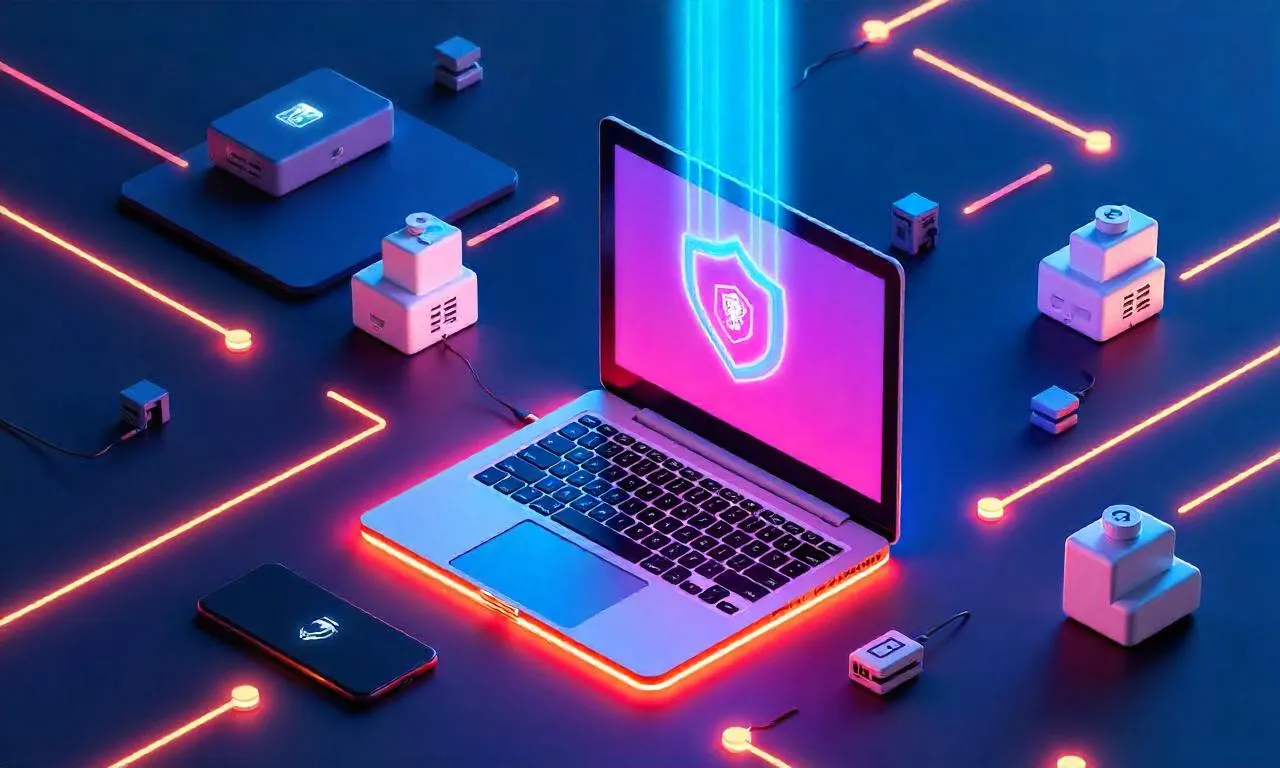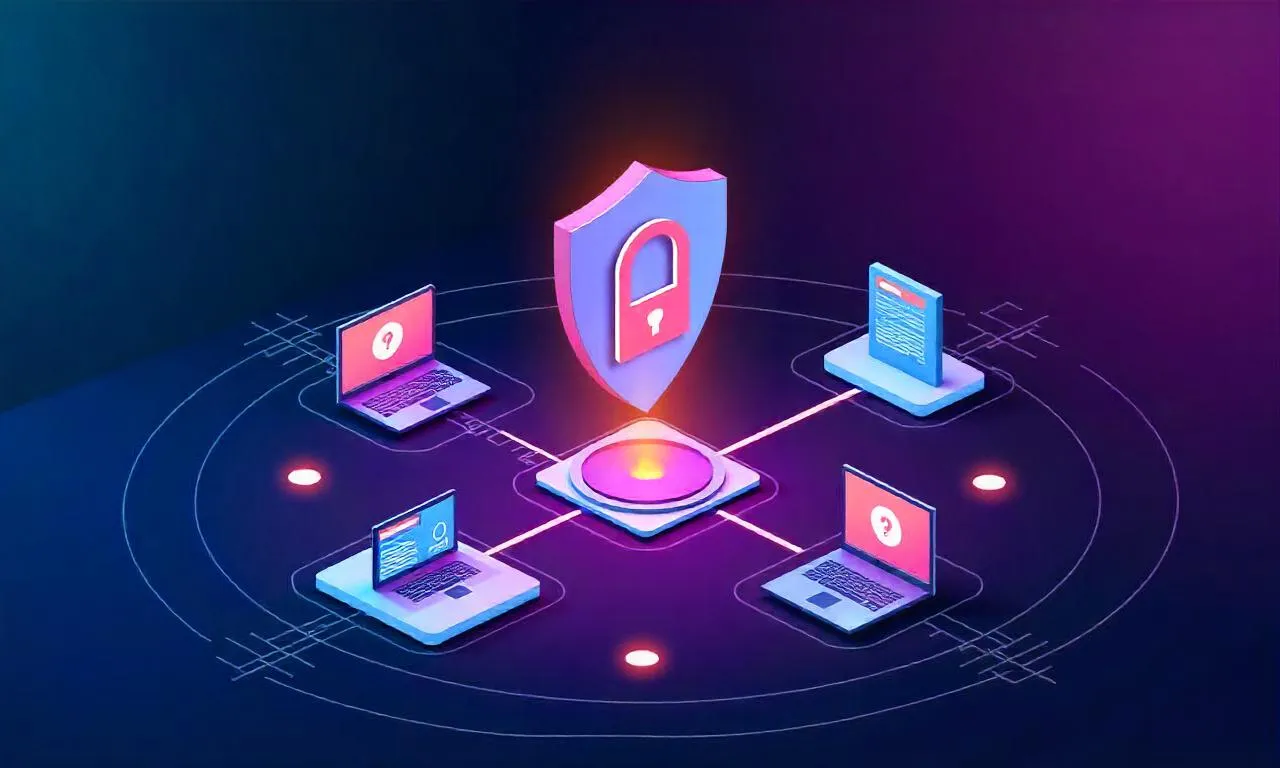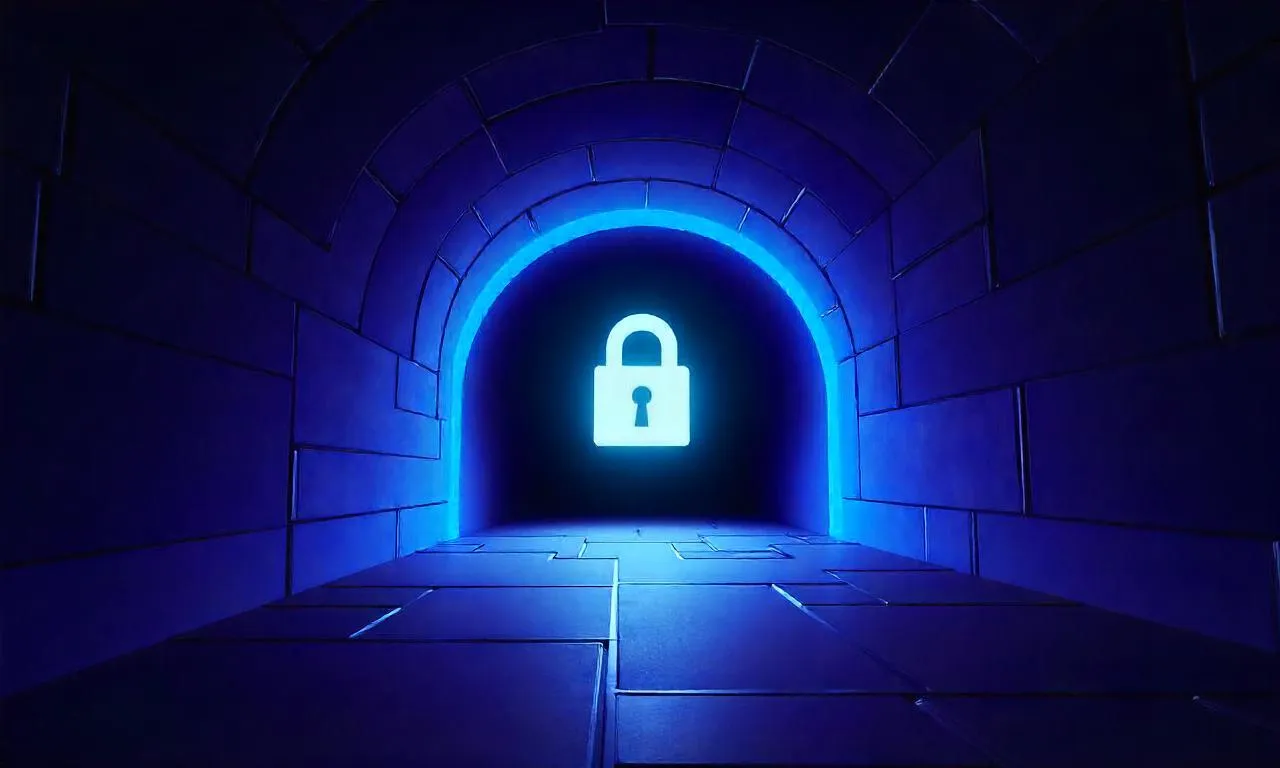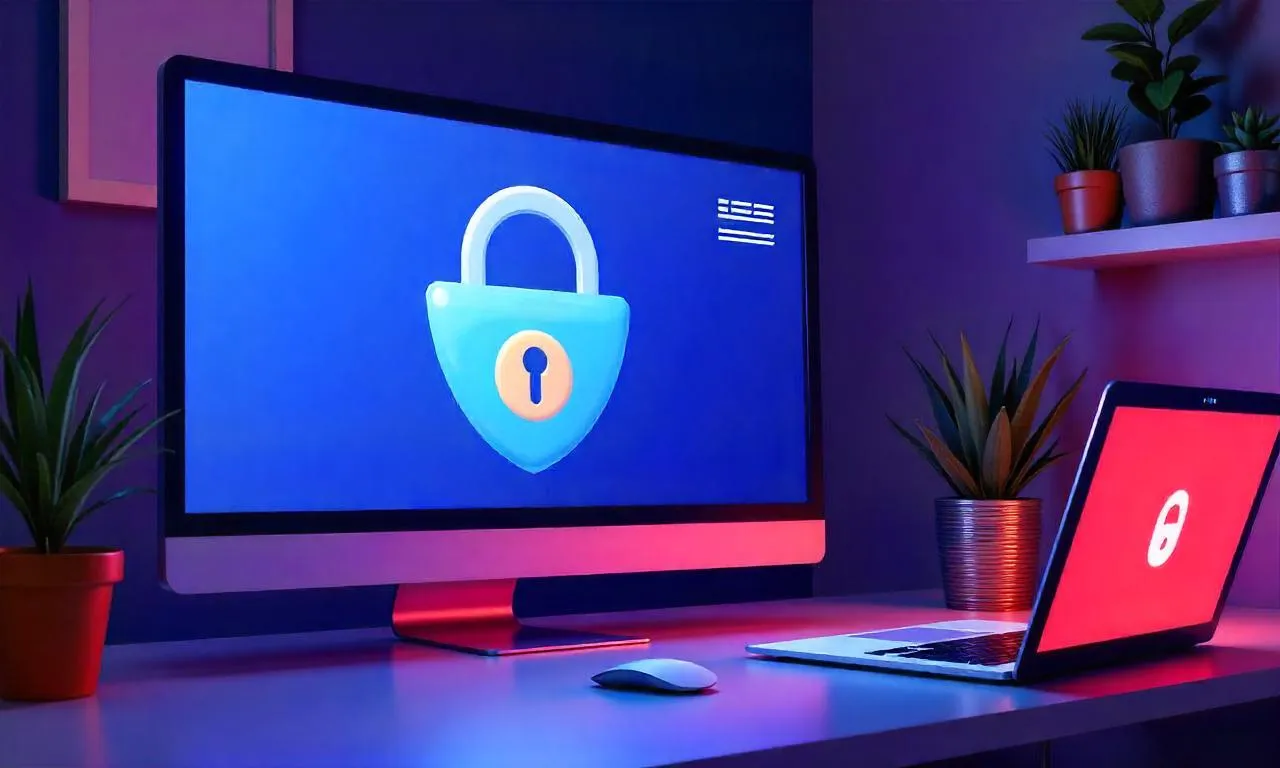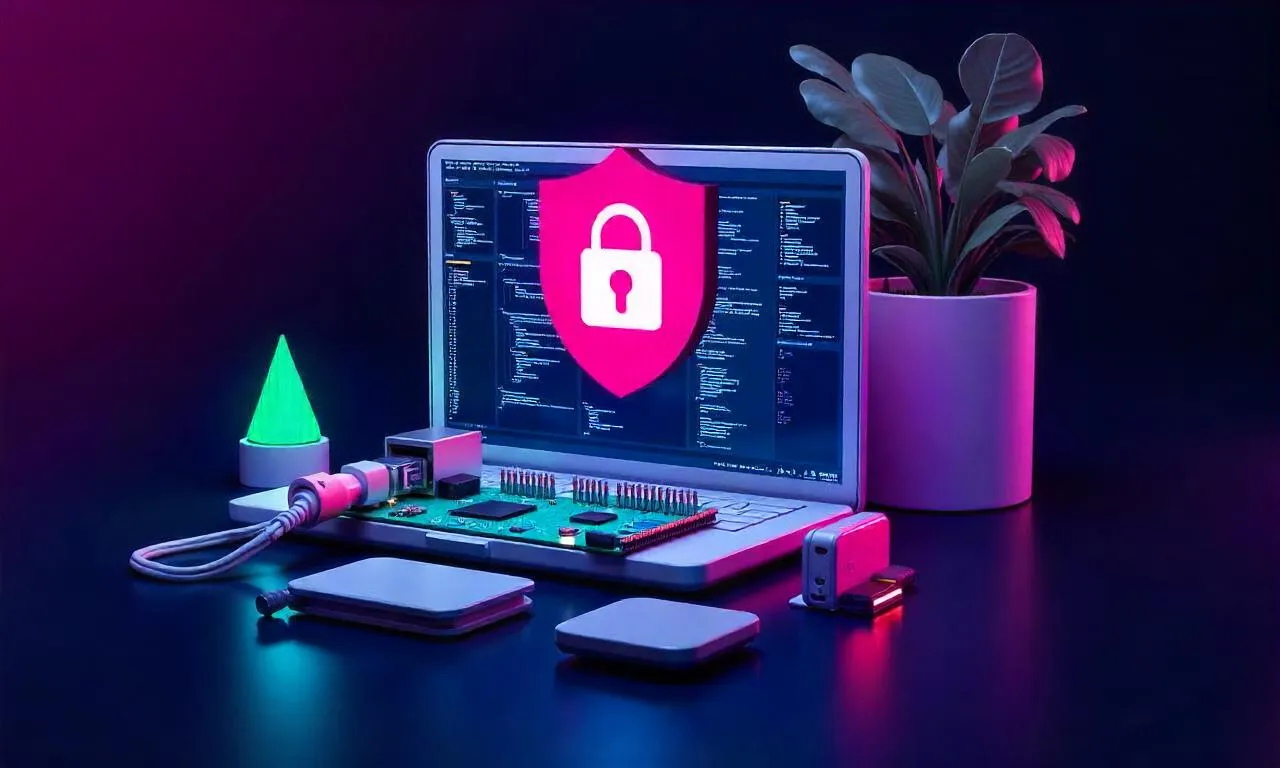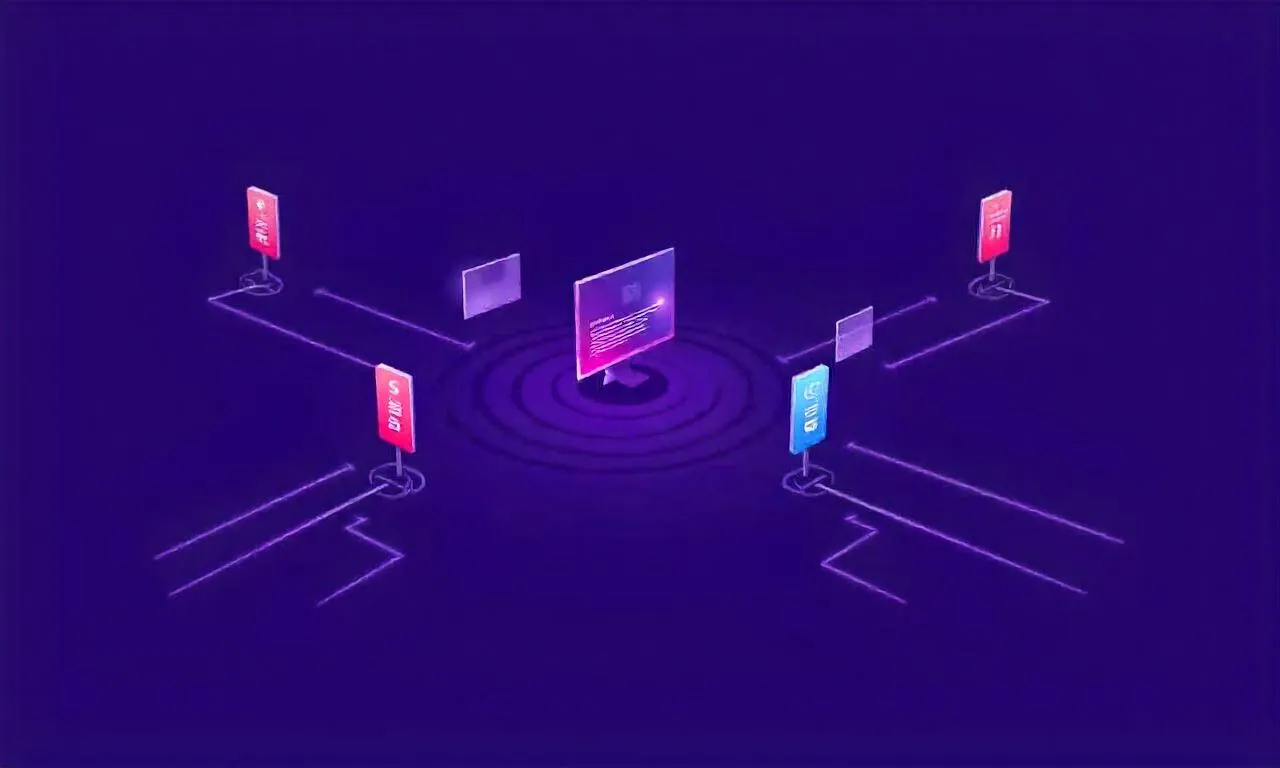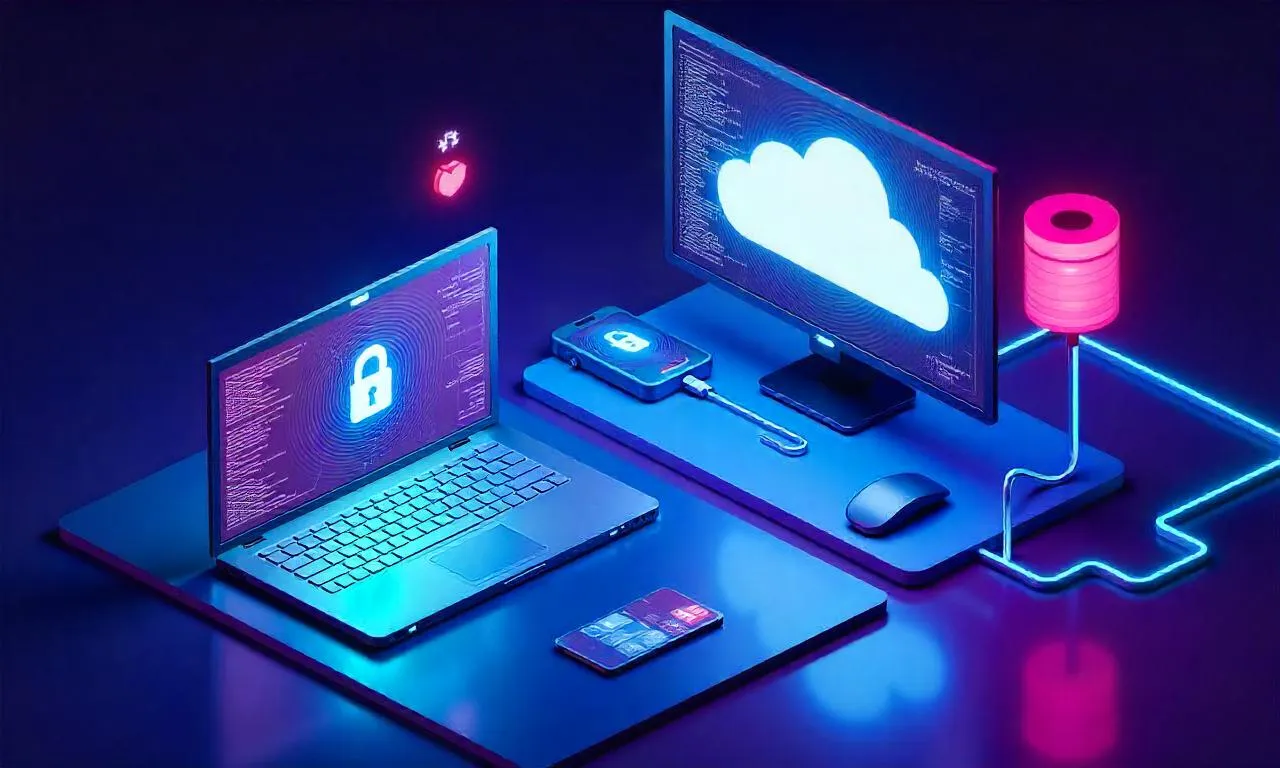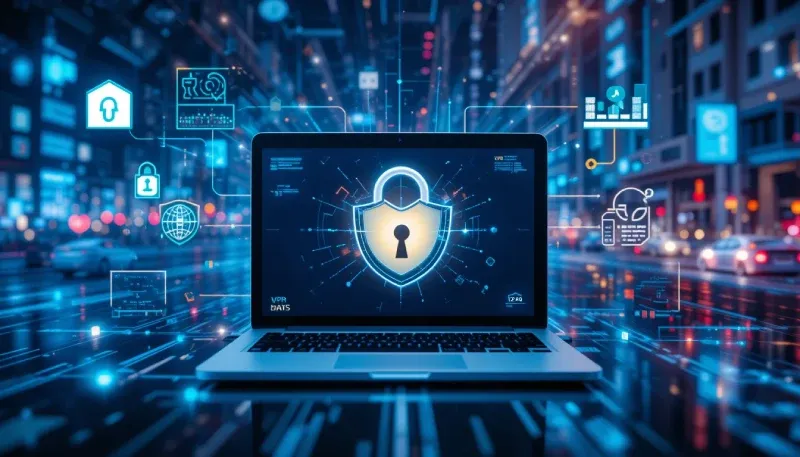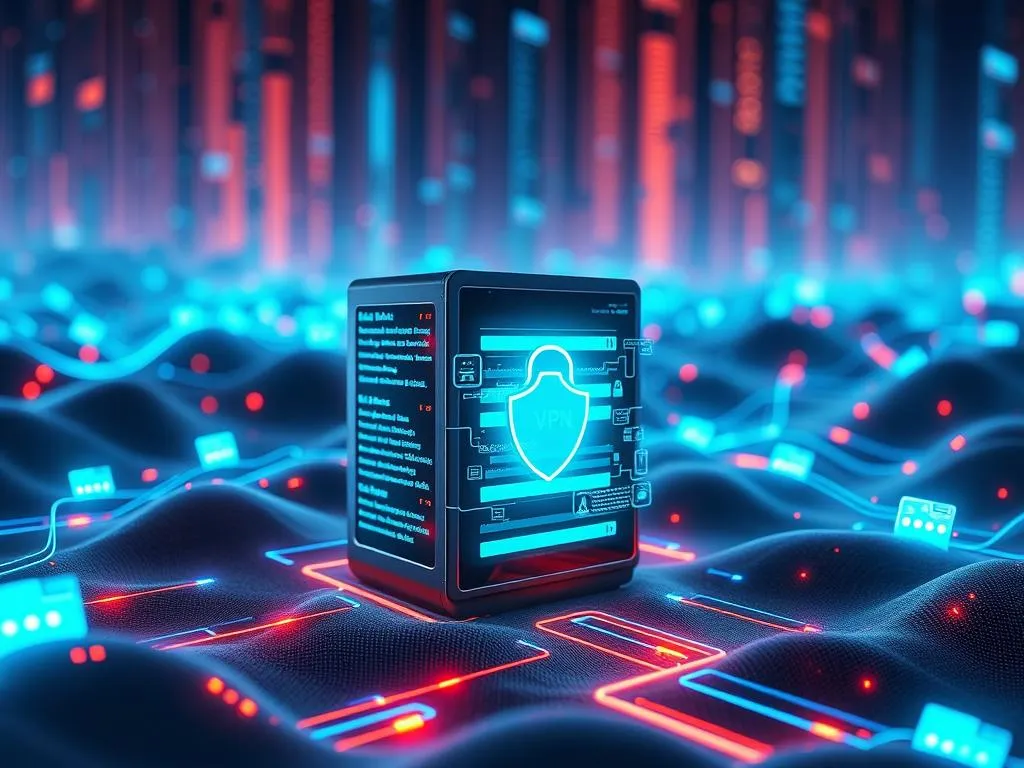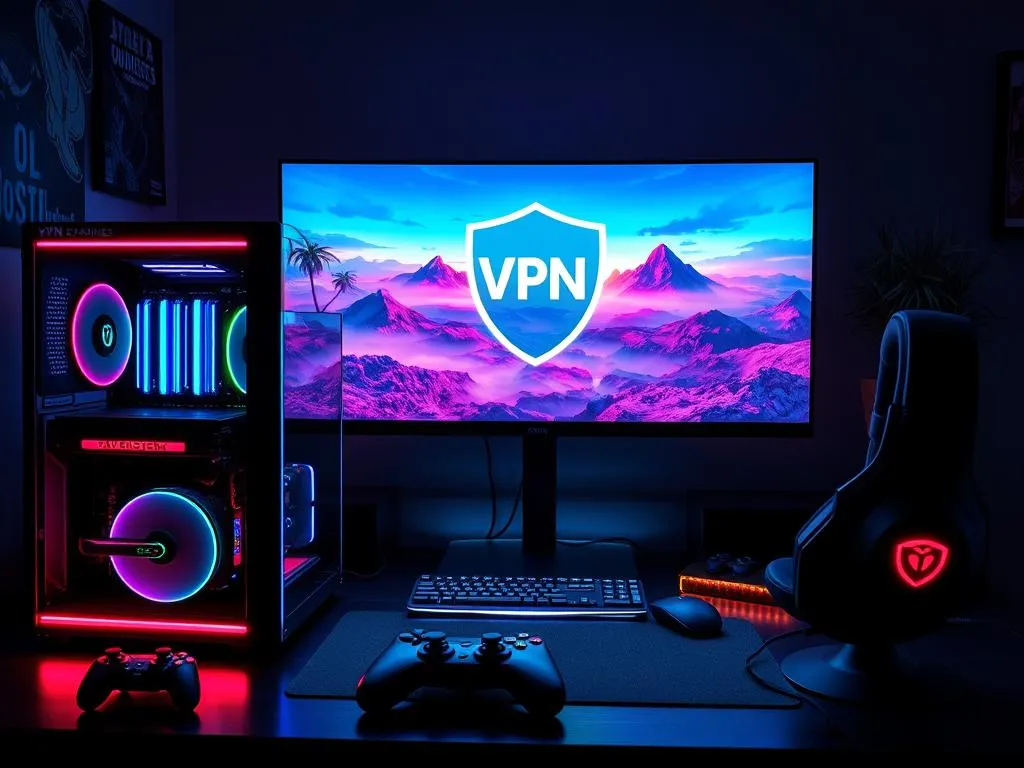Welcome to our article on free Virtual Private Networks (VPNs) and whether or not they are safe to use. In this comprehensive guide, we will explore the risks associated with free VPNs and provide you with essential information that you need to know before using one. Whether you are new to VPNs or considering switching to a free option, it is crucial to understand the potential pitfalls and make an informed decision. Let’s dive in and explore the world of free VPNs to ensure your online privacy and security.
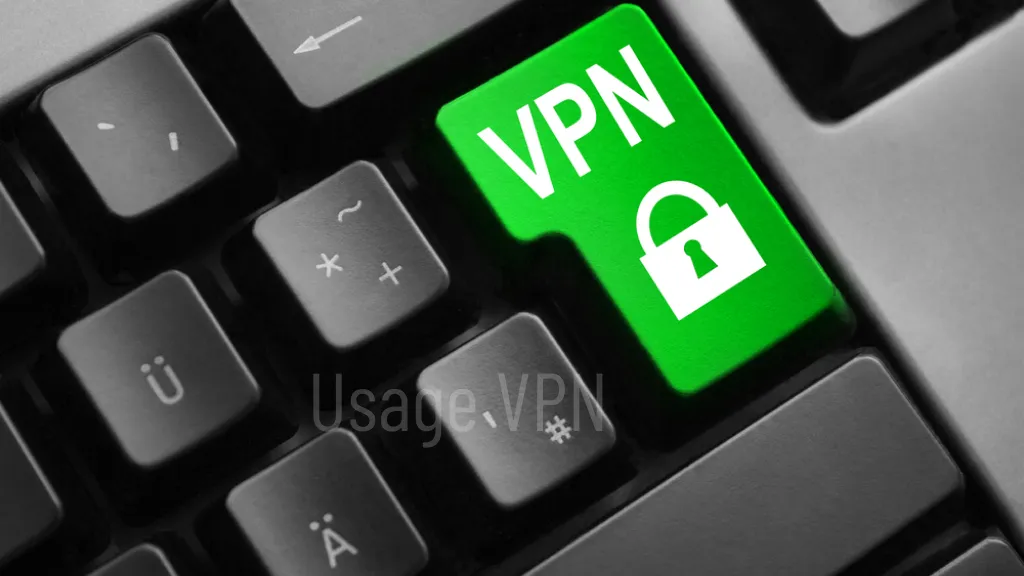
Table of Contents
ToggleWhat is a VPN?
A VPN, or virtual private network, is a technology that allows users to create a secure and private connection over a public network like the internet. It achieves this by encrypting data and routing it through a remote server located in a different geographic location.
When you connect to a VPN, your internet traffic is encrypted and tunneled through the VPN server, making it difficult for anyone to intercept or view your online activities. This provides an additional layer of security and privacy, especially when accessing the internet from public Wi-Fi networks or other untrusted connections.
Here’s a simplified explanation of how a VPN works:
- You download and install a VPN client on your device, such as a computer, smartphone, or tablet.
- When you want to establish a VPN connection, you open the client and select a server location.
- The VPN client then encrypts your data and sends it to the selected server.
- At the server, your encrypted data is decrypted and sent to its intended destination on the internet.
- The response from the destination is sent back to the server, encrypted, and then transmitted back to your device.
- Your device receives the encrypted response and decrypts it, allowing you to access the requested content.
Key benefits of using a VPN:
- Data encryption: VPNs use encryption techniques to protect your data from prying eyes, ensuring your online activities remain private.
- Online privacy: By masking your IP address, VPNs allow you to browse the internet anonymously, protecting your identity from potential trackers and advertisers.
- Access to restricted content: With a VPN, you can bypass geographical restrictions and access content that may be blocked in your current location. This is particularly useful for streaming services and websites that limit access based on your location.
- Securing public Wi-Fi connections: When connected to a public Wi-Fi network, your data is at risk of being intercepted. A VPN encrypts your data, providing a secure connection even on untrusted networks.
| VPN Features | Description |
|---|---|
| Data Encryption | Protects your data by encrypting it, making it unreadable by anyone who intercepts it. |
| IP Address Masking | Hides your real IP address, making it difficult for websites and services to track your online activities. |
| Server Locations | A wide network of servers located in different countries allows you to choose your virtual location and access content from around the world. |
| Multi-Platform Support | VPNs are available for various devices and operating systems, ensuring compatibility across your devices. |
| No-Log Policies | Some VPN providers follow strict no-log policies, meaning they do not track or store your online activities. |
The Risks of Free VPNs
While free VPNs may seem like a convenient solution for protecting your online privacy, it’s important to understand the potential risks involved. Let’s explore some of the most common risks associated with using free VPN services.
Data Logging
One of the primary concerns with free VPNs is data logging. Some providers may log and retain user data, including your browsing history, IP address, and even personal information. This goes against the very purpose of using a VPN to protect your privacy. Instead of safeguarding your data, these VPNs may actually be collecting it for their own purposes or to sell it to third parties.
Malware and Phishing Threats
Another risk of using free VPNs is exposure to malware and phishing threats. Some providers may inject ads or malicious code into your browsing sessions, compromising the security of your device and potentially leading to data breaches. Additionally, free VPNs may not have robust security measures in place to detect and prevent phishing attacks, leaving you vulnerable to online scams.
Third-Party Access to Your Data
When using a free VPN, it’s essential to consider who has access to your data. Some free VPN services may share your information with third parties or cooperate with law enforcement agencies, compromising your privacy. This raises concerns about data leaks and unauthorized access to sensitive information.
Protecting your online privacy and security should be a top priority, and choosing a reliable and trustworthy VPN provider is crucial. Now that we’ve explored the risks associated with free VPNs, let’s examine the factors you should consider before deciding on a VPN service.
Factors to Consider Before Using a Free VPN
When choosing a free VPN, it is important to carefully evaluate several factors that can impact your online privacy and security. By considering these aspects, you can make an informed decision that aligns with your needs and requirements.
Logging Policies
One crucial factor to consider is the VPN provider’s logging policies. Some free VPNs may track and store user data, compromising your privacy. It is recommended to opt for VPNs with a strict no-logs policy, ensuring that your online activities are not recorded or monitored.
Server Locations
Another important consideration is the availability of server locations. A larger network of servers distributed globally allows for improved connectivity and better access to geo-restricted content. Check if the free VPN provider offers servers in the desired locations to ensure a seamless and unrestricted browsing experience.
Data Caps
Free VPNs often impose data caps, limiting the amount of data you can transfer. This can be a significant constraint, especially if you frequently stream videos, download files, or engage in other data-intensive activities. Ensure that the data caps offered by the free VPN are sufficient for your usage needs.
Considering these factors can help you make an informed decision when choosing a free VPN. By selecting a VPN with strict logging policies, a wide range of server locations, and suitable data caps, you can enhance your online privacy and security while getting the most out of your VPN experience.
Conclusion
In conclusion, while free VPNs may seem like a convenient option for enhancing online privacy and security, users need to be aware of the potential risks involved.
It is crucial to carefully evaluate the specific VPN provider before choosing to use their services. Take the time to understand their logging policies, the locations of their server networks, and any data caps that may be in place.
By doing so, you can ensure that your sensitive data remains protected while using a VPN. Remember, the safety of your online activities relies on choosing a reputable VPN provider and being informed about their policies.
FAQ
Are free VPNs safe to use?
Free VPNs can be risky to use. While some may offer a certain level of online privacy and data encryption, many come with potential risks such as data logging, exposure to malware, and third-party access to your information.
What is a VPN?
A VPN, or virtual private network, is a technology that allows users to create a secure and encrypted connection to a network over the internet. It provides privacy and security by masking the user’s IP address and encrypting their data.
What are the risks of using free VPNs?
There are several risks associated with using free VPNs. These include the logging of user data by the VPN provider, the potential exposure to malware or malicious websites, and the risk of third-party access to your personal information.
What factors should I consider before using a free VPN?
Before choosing a free VPN, it’s important to consider factors such as the VPN provider’s logging policies, the location of their servers, and any data caps that may be imposed. Evaluating these factors can help you make an informed decision about the safety and reliability of the VPN service.
Should I be concerned about my privacy and security when using free VPNs?
Yes, it is important to be cautious about your privacy and security when using free VPNs. While they may offer convenience, there are potential risks involved. It’s crucial to carefully evaluate the specific VPN provider’s policies and understand how they handle your data before connecting to ensure the safety of your information online.


